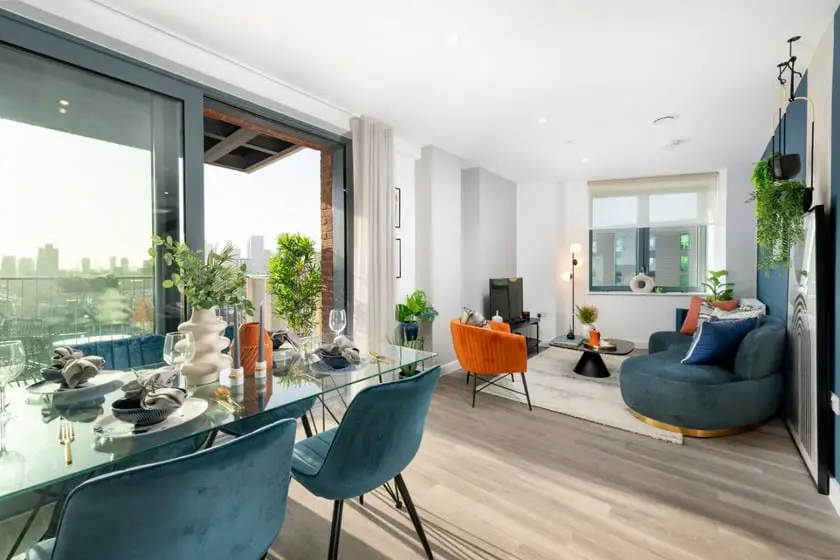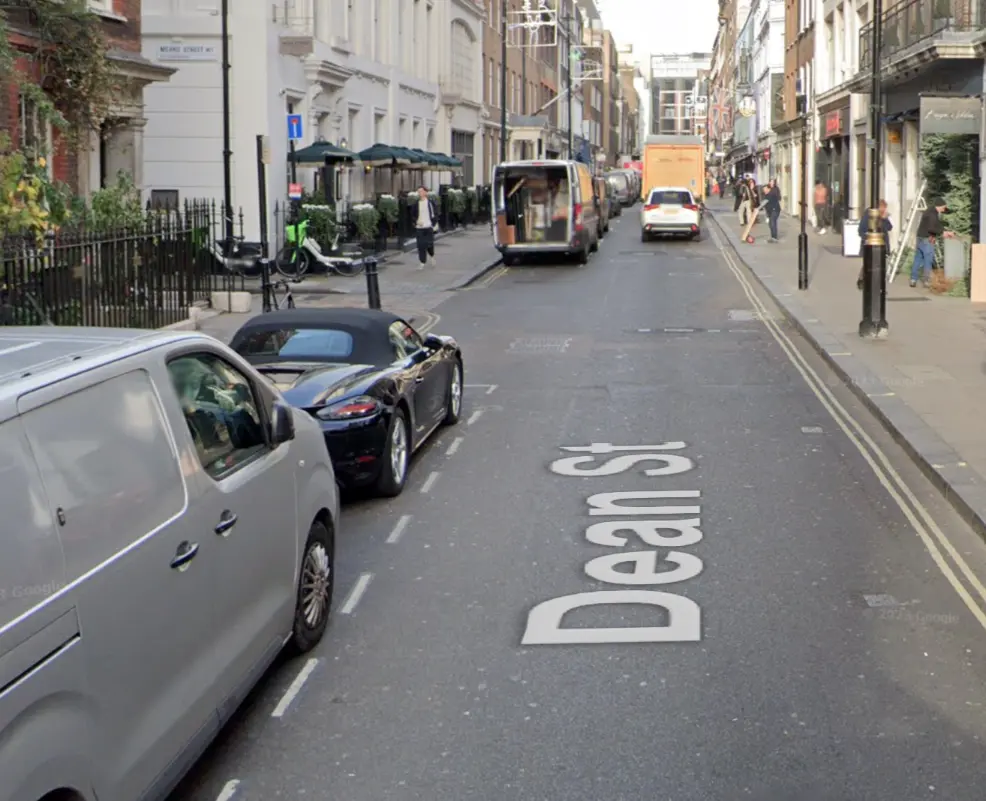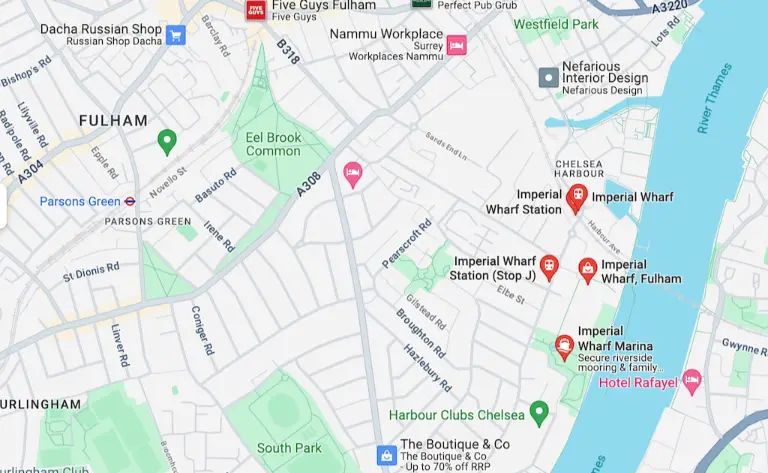Shared ownership is a form of homeownership where an individual purchases a portion of a property and pays rent on the remainder, which is owned by a housing association. This type of ownership is a great option for those who want to get on the property ladder but cannot afford to buy a property outright. However, shared ownership is not right for everyone. This article will help you determine if shared ownership is the right choice for you.
Pros of Shared Ownership:
1. Affordability: One of the biggest advantages of shared ownership is that it allows individuals to get onto the property ladder for a lower price. By only purchasing a portion of the property, the monthly costs are significantly reduced. This includes mortgage payments, maintenance costs, and rent.
2. Flexibility: Shared ownership allows individuals to gradually increase their ownership of the property, known as “staircasing”. This allows individuals to increase their equity in the property over time and eventually own it outright.
3. Security: With shared ownership, the housing association is responsible for the maintenance and repair of the property, which provides a sense of security to the homeowner.
Cons of Shared Ownership:
1. Limited control: When you own a portion of the property, the housing association still owns the remainder. This means that you do not have full control over the property, which can be a hindrance for some people.
2. Rent payments: Although the monthly costs are reduced, the homeowner still has to pay rent on the portion of the property they do not own. This can be an additional cost that some individuals may not be able to afford.
3. Resale restrictions: When selling a shared ownership property, the housing association must approve the sale and the new buyer must meet their criteria. This can limit the pool of potential buyers and make it more difficult to sell the property.
The idea of climbing the property ladder can be quite a daunting prospect, especially when you are yet to own your first home. It can be particularly hard to obtain the funds for a deposit for 100% owned property and the financial side of things can end up being costly. However, the prospect of owning your own home can be very attractive and it tends to provide people with more security and stability. That’s why it is also good to consider the route of shared ownership, as it is more financially viable than buying through the open market and it acts as a stepping stone to owning your own property.
Shared ownership gives first-time buyers the chance to purchase a share in a new build or resale property. Buyers who decide to purchase a home this way only need to have a mortgage on the share they own and therefore the amount of money needed for a deposit is considerably lower than if they were to purchase outright. However, the buyer will still need to pay rent, to a housing association, on the remaining share which they do not own.
There is also the option for purchasers to increase their shares whilst at their property, and this is called ‘staircasing’. It allows people to, in most cases, increase their shares all the way to 100%, giving them full ownership of the property. This way of purchasing then gives owners the opportunity to own their own home and eventually own it outright. Rent on the remaining share is typically 2.75% of the property value per annum, a lot cheaper than rent on the open market, and the deposit can be as little as 5% of the value of the share, rather than the cost of the whole property.
There are some requirements to follow when purchasing a property in this way, they include the following: you must be 18 years or older, if you live outside London then your annual income must be less than £80,000, if you live inside London then your annual income must be less than £90,000 a year, you must not already own a home, you must not be able to afford to buy a house for your needs on the open market, you must not be in mortgage or rent arrears, and you must have a good credit history. However, you should only look at this information as a guideline, and it is recommended that you check the eligibility required from your chosen housing association as it could slightly differ from the standard guidelines. It is also sometimes possible to defer your stamp duty payment until your share reaches 80%. But it is still a good idea to try to build up your savings and have at least £4,000 available to spend on the costs of purchasing a home.
The shared ownership route can definitely be a cost-effective way of purchasing a home, but it is also good to compare it to the costs of purchasing on the open market and see which way is more affordable for you. Both ways require you to have savings available or to be working towards having financial stability, in order to be able to afford all of the costs associated with owning a new home. If you are interested in buying through the Shared Ownership scheme then you can find further information on the following two websites: https://www.helptobuy.gov.uk/shared-ownership/ and https://www.gov.uk/affordable-home-ownership-schemes/shared-ownership-scheme.







